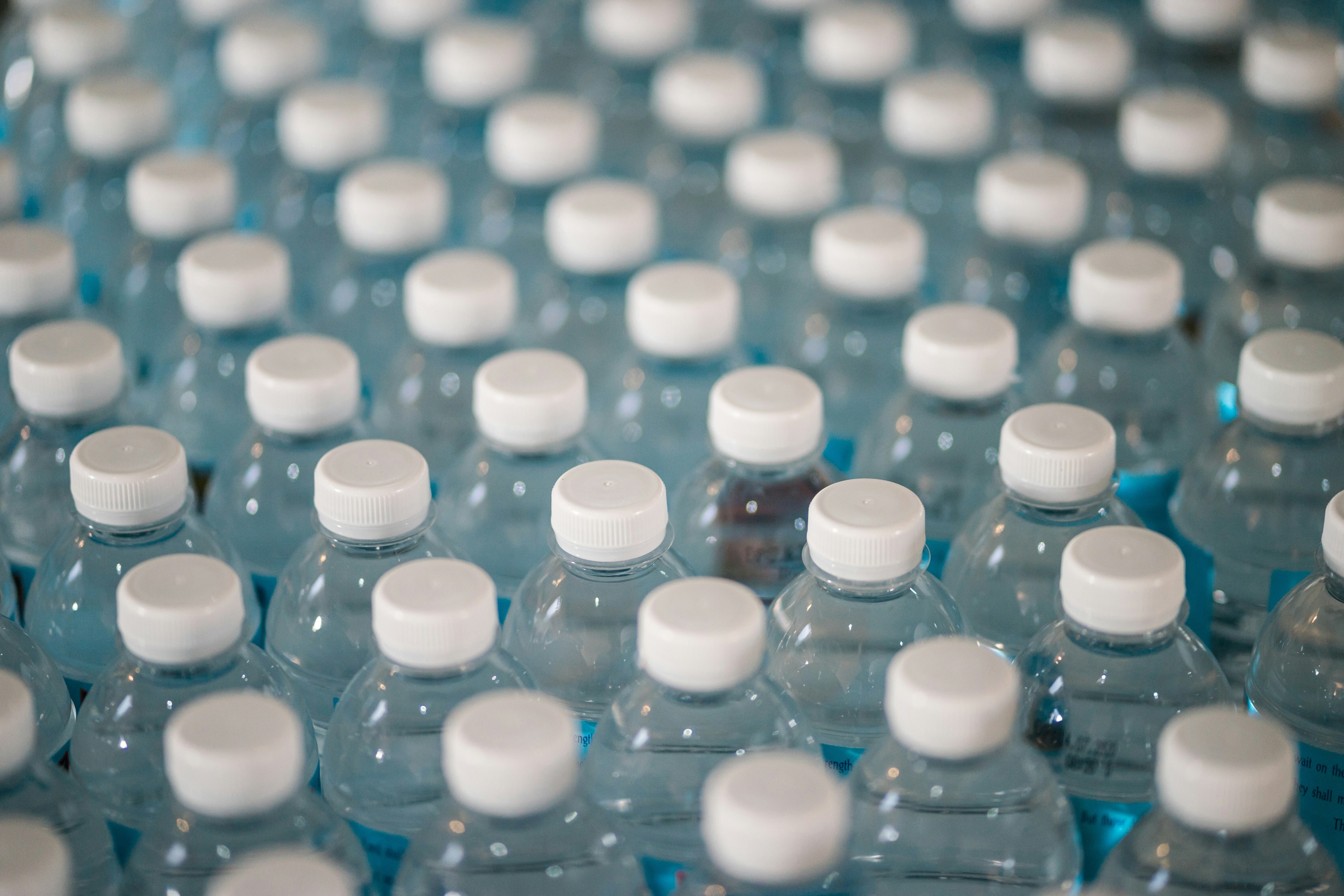11 innovations shaping global food systems from the water

Aquatic foods will be an essential part of global food systems in the decades to come.

Get involved with our crowdsourced digital platform to deliver impact at scale
Stay up to date:
UpLink
- UpLink, a platform for scaling innovation, unveils its third cohort of ocean innovators.
- Solutions are aimed at delivering nutritional, social, and ecological benefit to communities through aquatic foods.
- Aquatic foods will be an essential part of global food systems in the decades to come and innovation will help to boost the availability of blue foods.
Blue foods – fish, invertebrates, algae and aquatic plants captured or cultured in freshwater and marine ecosystems – have traditionally been undervalued in their contribution to global food systems. Yet they are incredible sources of locally produced nutrition for millions of people. The UN Food Systems Summit (UNFSS) calls for global action on food system transformation and blue foods are an avenue for this transformation. The Blue Food Assessment, a scientific assessment of blue foods and their potential to contribute to sustainable and just food systems, reveals gaps where innovation could meaningfully bolster the blue food ecosystem.
Friends of Ocean Action and UpLink launched the Blue Food Challenge in order to uncover innovations to help accelerate the integration of aquatic foods into global food systems. This challenge was run with the benefit of four partners: X (Alphabet), Stanford Center for Ocean Solutions, WorldFish, and Centre for the Fourth Industrial Revolution Ocean.
The challenges called for solutions in that will; sustainably increase the production (farmed or fished) of blue foods with high nutritional value to local people, as well as provide economic benefits to local communities; and that minimize food loss and waste to better meet the nutritional needs of people, including through blue food storage and preparation, and the improved use of by-products along value chains. We particularly encouraged interventions which provide technology support for small scale producers and those that promote gender equality across the blue food system.
The 70 contributions to this challenge were reviewed first by experts in aquatic foods and related fields and then shared with our selection committee. We now welcome 11 entrepreneurs to be Top Innovators in the Blue Food Cohort, the third ocean cohort on UpLink.
Over the coming months, we will draw on the strengths of the World Economic Forum and its network and that of our challenge partners to help these innovators scale their solutions. Our programme will include mentoring, facilitated introductions, capacity building, exposure, and visibility. These organisations will join the growing UpLink Innovation Network of entrepreneurs who are benefiting from the platform.
Here's the full list of Top UpLink Innovators from the Blue Food Challenge.
ABALOBI ICT4Fisheries is a fisher-driven social enterprise consisting of a suite of highly interconnected smartphone applications that provide fishers with a digital identity, tracking tools, and enhanced market access and income that create hyper-local, traceable seafood supply chains.
Coast 4C aims to integrate the world's largest supply chain for regenerative seaweed, driving benefit for the 4Cs of community, conservation, commerce, and climate.
Eja-Ice Limited offers solar powered freezers to women fishers with natural refrigerants to fish retailers through affordable lease-to-own schemes, thus mitigating fish waste, supporting food security, and empowering women fishers.

FIDEC Tanzania combats malnutrition and food insecurity and reduces food waste by processing marine sardines into powder that can be used to increase nutrient intake of infants, children, and nursing mothers.
Fishbee is a community supported fishery platform that empowers local fishers by connecting them directly with customers in order to deliver fresh and high quality, sustainably caught seafood via an app.
GreenSea Solutions who are working to scale up seaweed production via a commercially viable hub to process seaweed on behalf of community led farms, connect to markets, and provide jobs and support in rural communities.
Oceans Alive who aim to use traditional nature-based solutions of locally managed marine areas to protect coastal marine resources, support livelihoods, and increase fish abundance for the benefit of fisheries and local food consumption.
Pacific Blue Foundation supports coral reef fisheries and food security through removing detrimental crown-of-thorns starfish and seaweeds from the reef and using them as fertilizer, decreasing the need for industrial fertilizers and supporting restoration of local ecosystems.
Parkman Eco Farm recycles organic waste and water pollution to raise fly larvae that is transformed into catfish feed, thus supporting sustainable aquaculture feed while mitigating the impact of waste.
Raino Tech4Impact is offering affordable, sustainable solar-powered freezers to fish traders to preserve fish and ensure the cold chain is unbroken to support market access of fishers in underserved regions.
Urchinomics restores kelp forests and creates rural job opportunities by paying fishers market rates to remove overgrazing urchins from the kelp forests they have consumed, ranching urchins to increase their quality, and selling them to distributors and restaurants.
Don't miss any update on this topic
Create a free account and access your personalized content collection with our latest publications and analyses.
License and Republishing
World Economic Forum articles may be republished in accordance with the Creative Commons Attribution-NonCommercial-NoDerivatives 4.0 International Public License, and in accordance with our Terms of Use.
The views expressed in this article are those of the author alone and not the World Economic Forum.
The Agenda Weekly
A weekly update of the most important issues driving the global agenda
You can unsubscribe at any time using the link in our emails. For more details, review our privacy policy.
More on Nature and BiodiversitySee all
Charlotte Kaiser
April 23, 2024
Jennifer Holmgren
April 23, 2024
Agustin Rosello, Anali Bustos, Fernando Morales de Rueda, Jennifer Hong and Paula Sarigumba
April 23, 2024
Carlos Correa
April 22, 2024
Nick Pickens and Julian Kettle
April 22, 2024
Simon Torkington
April 22, 2024






